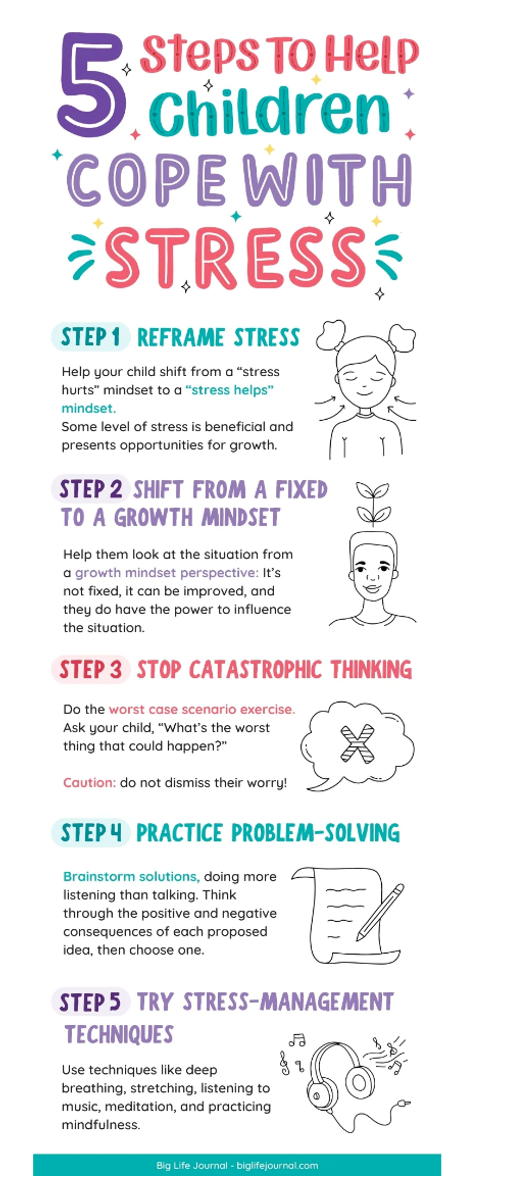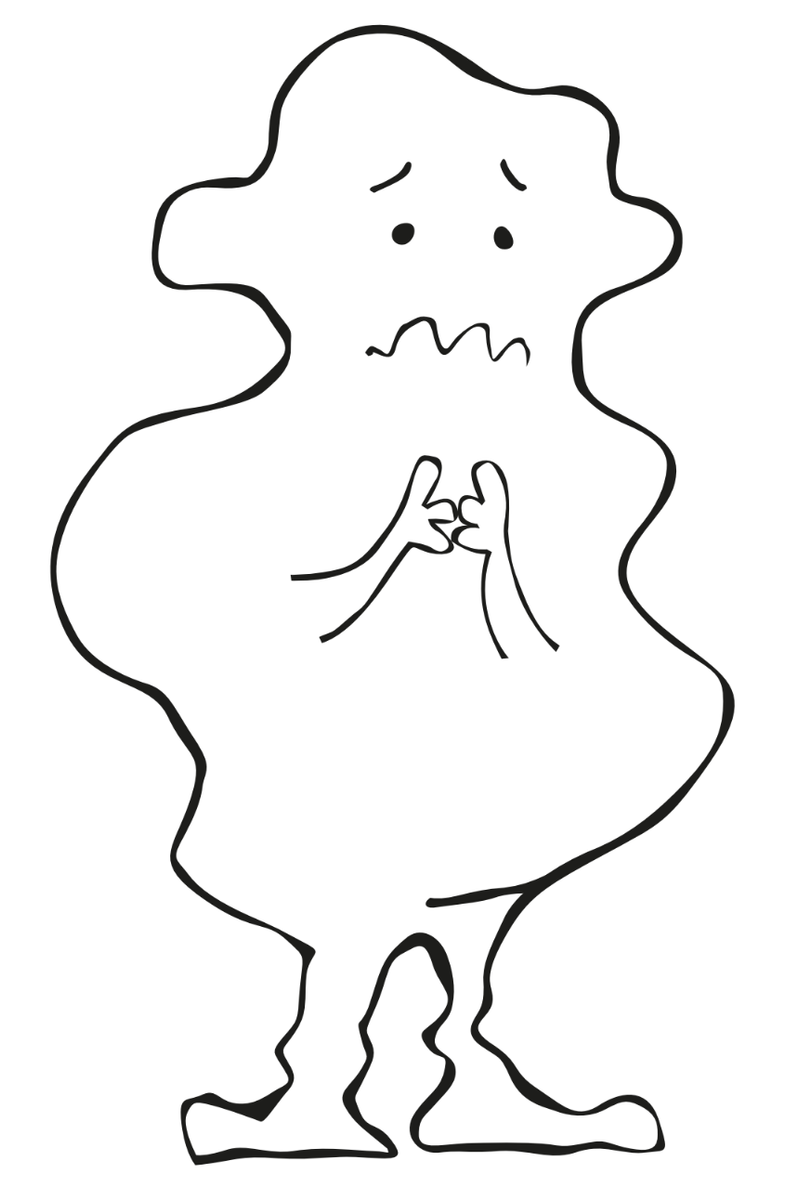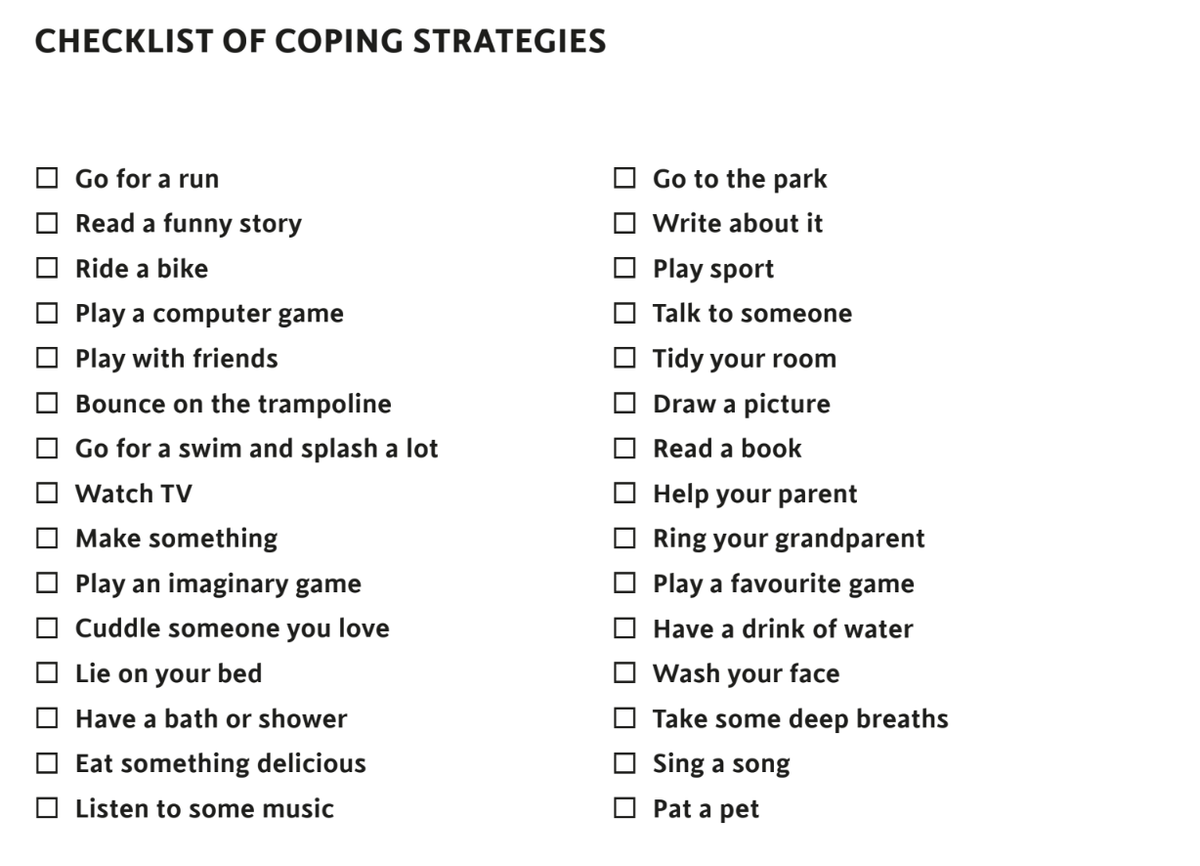Respectful Relationships

What is happening in the classroom in Term 3?
Stress Management
Stress is a normal part of life, especially as children get older. Children who cope better with life’s stressors develop good mental health and wellbeing. Assisting students recognise their personal signs and symptoms of stress and to develop strategies that will help them to deal with those effectively, will help them cope with challenges in the future.
Activities within this topic area will assist students to:
• Describe the influence that people, situations and events have on their emotions
• Explore strategies to manage physical, social and emotional change
• Describe and apply strategies that can be used in situations that make them feel uncomfortable or unsafe
• Explain the value of self-discipline and goal-setting in helping them to learn and to cope with change and challenge
• Describe personal strengths and identify coping strategies that they can apply to help them cope with change and challenge.
Foundation
Foundation will learn a stress management technique called;
MELTING TIGER
Stand in your own space, not touching anyone. Your feet are stuck tight to the spot. You do not walk around. You are a big angry tiger with your claws out and your feet tight on the ground. Hold your muscles tight and still and strong. This tiger is angry. He wants to pounce and fight, but he can’t move. As the tiger holds tight, the hot sun comes out. This tiger is made of butter. He starts to melt. His muscles feel soft. He slowly melts into a pool on the ground. He lies on the ground, still and quiet. His body is a soft pool of melted butter that is sinking into the ground. As he lies there a soft breeze comes to blow across his skin. It starts to wake him up. He is not a tiger anymore. He is just a sleepy person. Maybe he or she had a dream that they were an angry tiger. It is time to wake up the sleepy person. Wiggle your toes. Wiggle your fingers. Slowly, slowly sit up, and then stand up tall. Show how calm and peaceful you can be when your angry tiger has gone away. Show how you can walk silently and in slow motion around the room without touching anyone.
STRESSFUL SITUATIONS
Foundation students will be given the following scenarios to think about whether these would cause them stress and what they can do to help cope with these scenarios.
• Your mum asks you to get your school jumper but you have left it at school and you are not sure where.
• Your friend is away sick and you don’t know who will play with you at lunchtime.
• The teacher outside asks you to put your sun-hat on and you have left it at home.
• Your dad made you a cheese sandwich for lunch and you hate cheese, and the teacher has said you can’t play until you finish your lunch.
• You want a turn on the slide and some big kids are blocking the slide and you can’t get through. You can’t find a teacher to help.
• It is your little brother’s birthday and he is getting lots of presents and you are not getting any.
• You broke something and you have to own up that it was you who did it.
Years 1/2
Students in Years 1/2 will be introduced to a character Wibbly.
Wibbly is stressed. Students will work together to define the words stressed using the skills taught in the Emotional Literacy unit. Students will suggest coping strategies for Wibbly to deal with his stress.
They will also be taught some relaxation techniques. Here is one example.
MELTING MOMENTS
Close your eyes. Scrunch up all your muscles so you are as hard as a block of ice. Hold tight. Now slowly let go. Scrunch up again. Now let go. This time imagine your block of ice is melting into the floor. Your muscles are getting softer as you melt. Let your fingers melt. Let your feet melt. Let your back melt. Now wiggle your fingers to wake them up. Wiggle your toes to wake them up. Open your eyes. Sit up slowly.
Years 3/4
Students in Years 3/4 will again define stress. They will identify that there are a range of strategies that can be used to help deal with strong emotions and practise strategies for calming and coping when upset.
Some coping strategies taught at this year level are;
Years 5/6
Students in Years 5/6 will identify the various contexts and situations in people’s lives that can cause stress and recognise that stress is often felt when we feel challenged.
Here is an example of a guided relaxation exercise taught at this level;
THE PEGASUS ADVENTURE
I am going to take you through one strategy that can help with relaxing and be useful in managing stress. Lie on your back or remain seated and put your head down on the desk. Close your eyes... allow your body to relax and be quiet...tell your legs to be floppy, your arms and hands to be loose, your head to just be heavy on the floor/desk. For the next couple of minutes, just a little time, ask your body to be still and your ears to listen. Well done! You are going to take a journey. A magical Pegasus, flying horse has been sent just to you. It floats down and lands quietly at your feet. Feel the gentle breeze from its flapping wings on your face. It indicates for you to climb aboard the golden, jewel-encrusted chariot harnessed to its back. You step up. Cushions of every colour greet you. Lie back among
the soft, feathery cushions. They feel so soft it is as if you have fallen onto a cloud. Allow yourself to sink down low into their warm embrace. The Pegasus begins to flap its powerful
wings. It rises gradually into the air. You feel safe. You are feeling very calm and relaxed. A soft, warm breeze flows past you.
As you travel higher into the air, you look down to see a glistening ocean beneath you. The Pegasus floats down taking you close to the water. There are dolphins playing, diving gracefully over the waves. Their wet bodies glisten in the sunshine. The Pegasus has taken you close enough to feel the salty water gently spray your face. So close you hear their squeaks and squeals. So close you can run your fingers over their slippery skin.
Again Pegasus rises higher and higher into the bright blue sky. As you rise, the air becomes warmer. The Pegasus turns and in the distance you see a vast desert. Flying over the desert you see palm trees swaying from side to side. In the shade of one tree you can see a camel and its driver in a deep restful sleep. You lie back and close your eyes. Now the Pegasus is slowing, descending, its wings moving rhythmically. You know this journey is almost over. Take a deep breath and thank your body and mind for travelling along on this Pegasus ride. Allow your attention to come back to lying on the floor/sitting in your seat. You can open
your eyes when you are ready.



